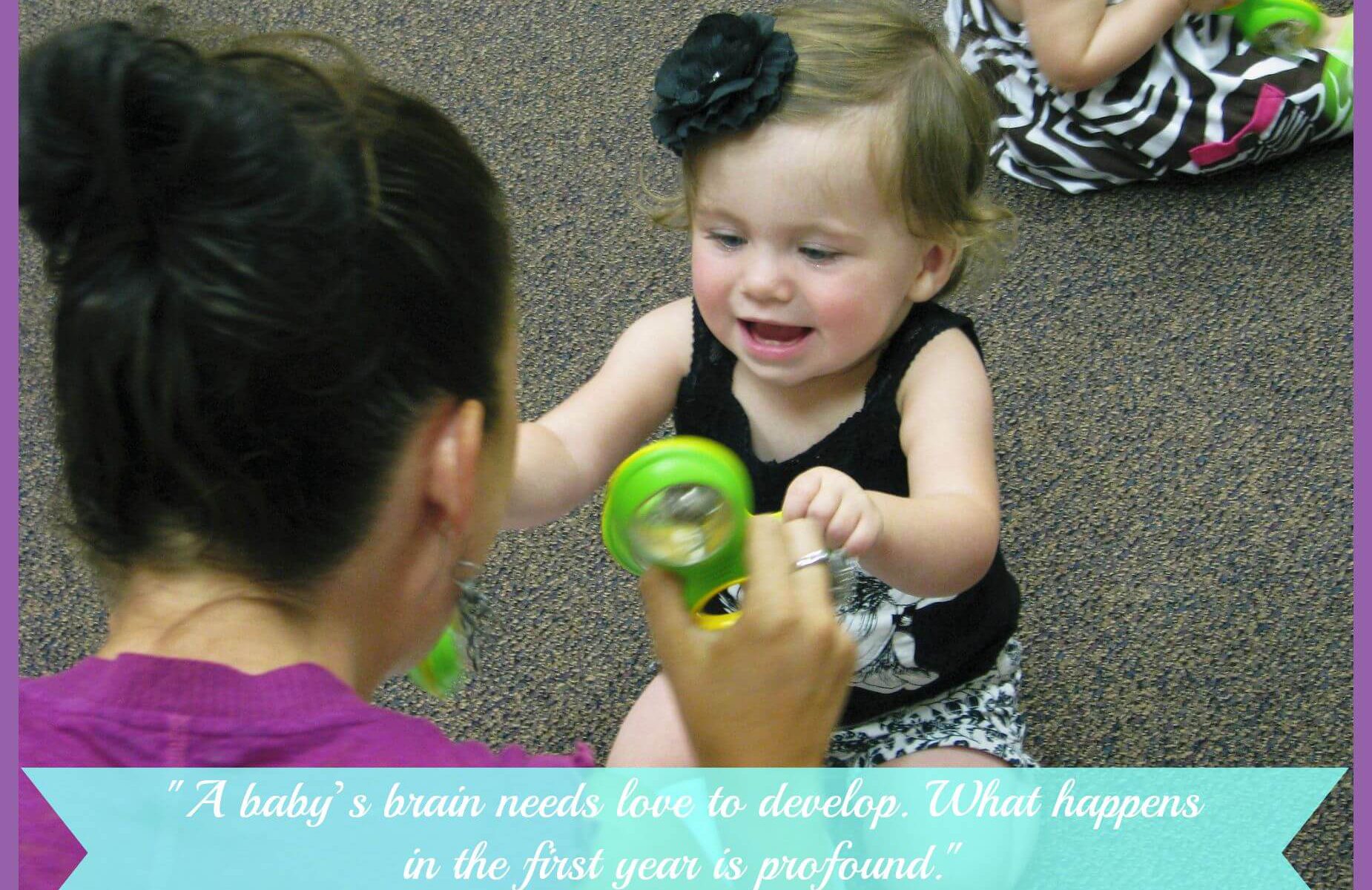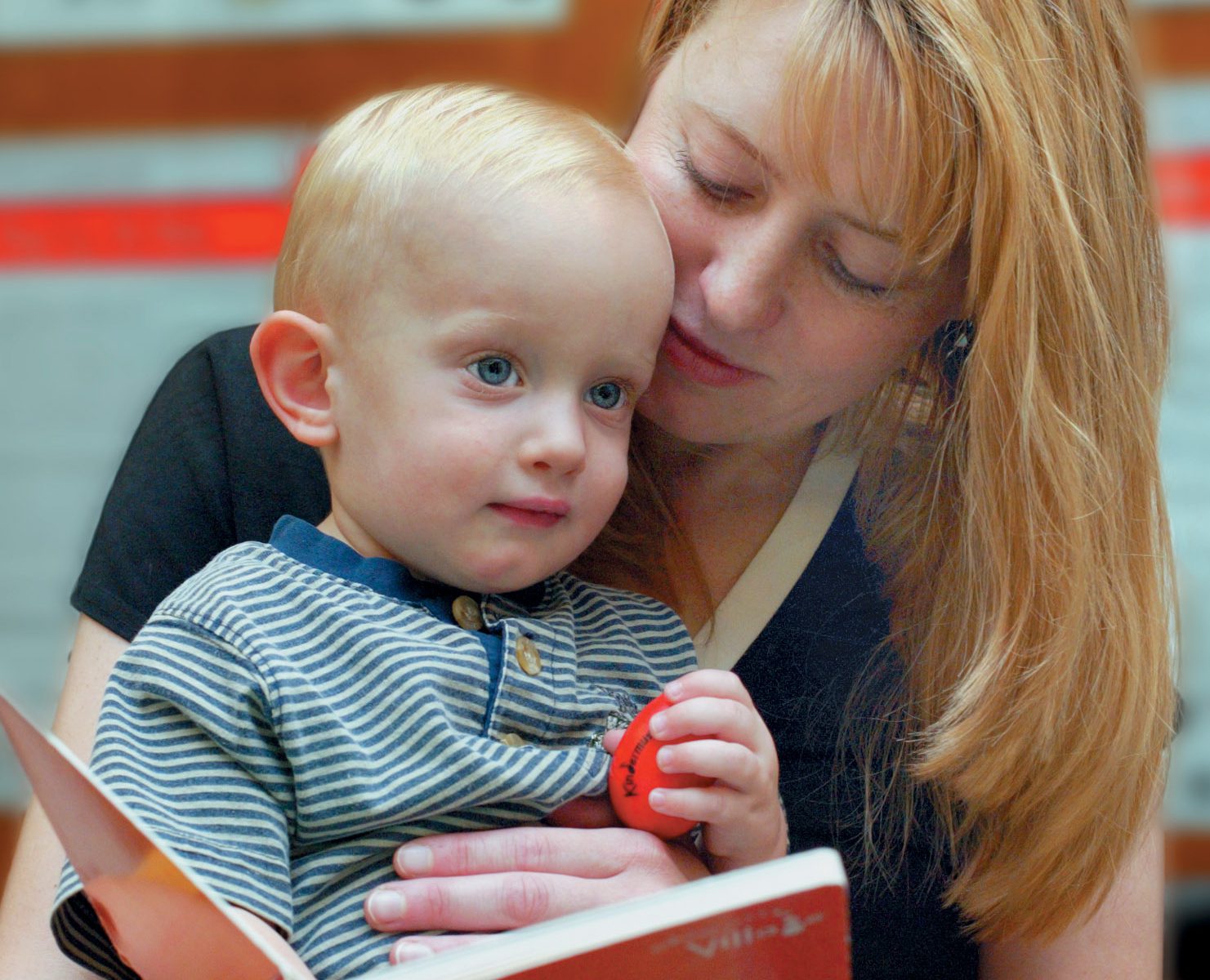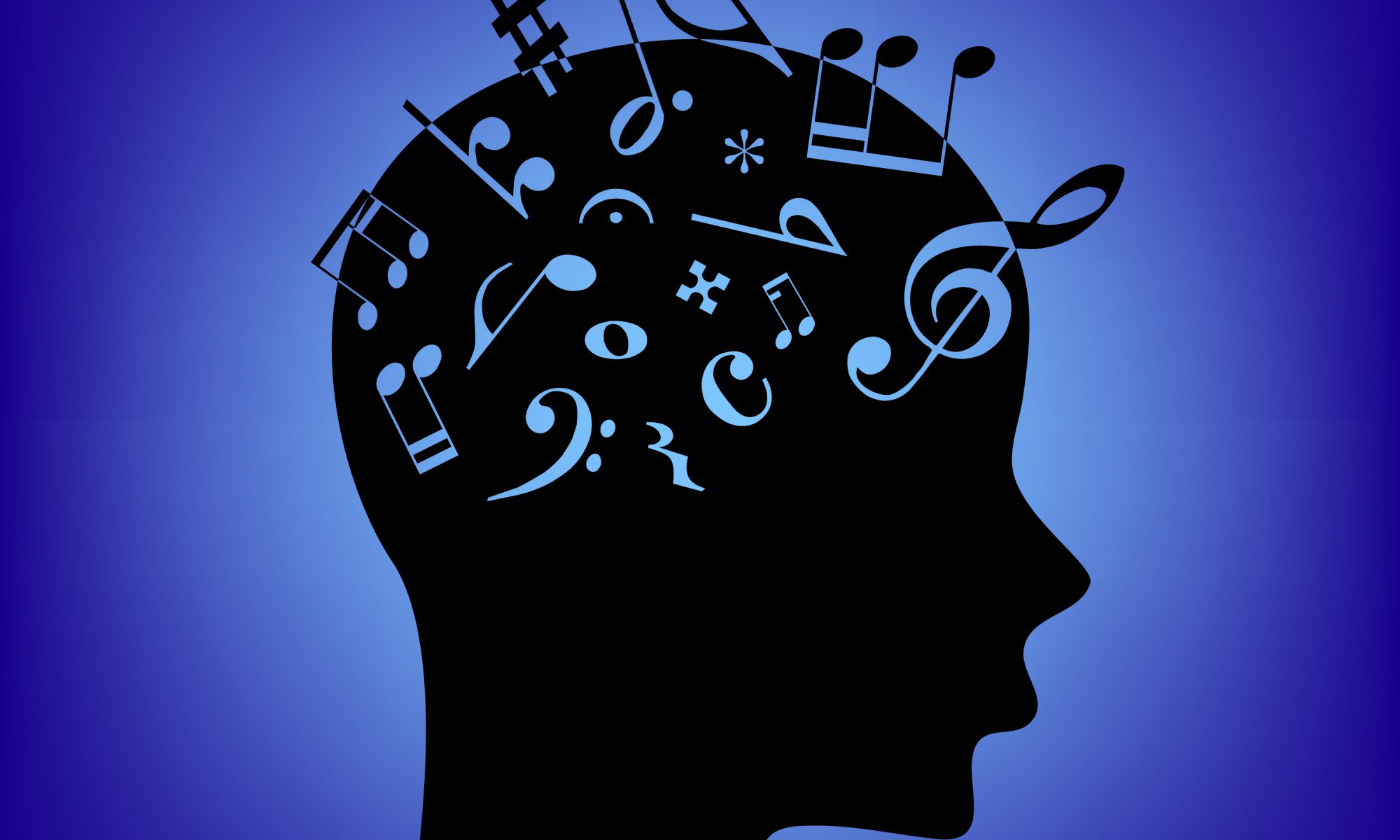[vc_row][vc_column][vc_column_text]Science tells us what we, as music educators, already know: music is good for brain development. We constantly see study after study that verifies what we see on a daily basis in the young musicians with whom we interact. Recently, a study at the University of Southern California’s Brain and Creativity Institute indicated that early exposure to musical instruction increases the development of the brain in children below the age of seven. The study reenforced the connection of music and stronger math, language, and reading skills. And we also know that when you make music with another person, you are more likely to empathize with them.
[/vc_column_text][/vc_column][/vc_row][vc_row][vc_column][vc_column_text]This study began in 2012 and over the course of the past 5 years, the researchers followed the progress of 3 groups of students, all six to seven years of age at the study’s outset. Dr. Assal Habibi explains:
We started the study when one group of children were about to begin music training through the Youth Orchestra Los Angeles program. This free community-based music program was inspired by El Sistema, a music program that was started in Venezuela and proved to be “tranformative” in changing the lives of underprivileged children.
The second group of children were about to begin a sports training program with a community-based soccer program. They were not engaged in music training.
A third group of children were from public schools and community centers in the same areas of Los Angeles. All three groups of children were from equally underprivileged and ethnic minority communities of Los Angeles.
[/vc_column_text][vc_column_text] [/vc_column_text][/vc_column][/vc_row][vc_row][vc_column][vc_column_text]
[/vc_column_text][/vc_column][/vc_row][vc_row][vc_column][vc_column_text]
So What Happened?
The researchers constantly checked in with all students in the study, measuring different points of brain development. The findings have been promising, and indicate that musical instruction during early childhood can have a positive impact on how quickly the young mind develops and acquires new skills. Sound processing, as you might imagine, is a big part of music, but also language acquisition. Dr. Habibi expands…
Children in the music group…had stronger brain response to differences in pitch compared to the children in the other groups. We also observed that musically trained children had faster development of the brain pathway responsible for encoding and processing sound.
This finding supports previous findings and highlights music’s important benefits particularly in the development of language and reading.
Check out this TEDxYouth Talk at Caltech on music and the brain by Dr. Beatriz Ilari. Dr. Ilari is a music education professor at USC.[/vc_column_text][vc_video link=”https://www.youtube.com/watch?v=eLQbqXJF-2M”][/vc_column][/vc_row][vc_row][vc_column][vc_column_text]
Life Long Benefits
As it turns out – these benefits can last a lifetime. Musical experiences like Kindermusik, can increase brain capacity and the level of active connection between different areas of the brain. So much of brain development occurs in the first seven years of life; these are the years that music can have an incredibly positive impact on the process and well beyond.[/vc_column_text][/vc_column][/vc_row][vc_row][vc_column][vc_column_text]So get involved! Check out a class near you and see how our award-winning curriculum can enrich the life of your child…and you. Our classes involve music, movement, and lots of fun. We help your kids develop big brains![/vc_column_text][/vc_column][/vc_row][vc_row][vc_column][class_finder_form css=”.vc_custom_1479179928634{padding-top: 20px !important;padding-right: 20px !important;padding-bottom: 20px !important;padding-left: 20px !important;}”][/vc_column][/vc_row]

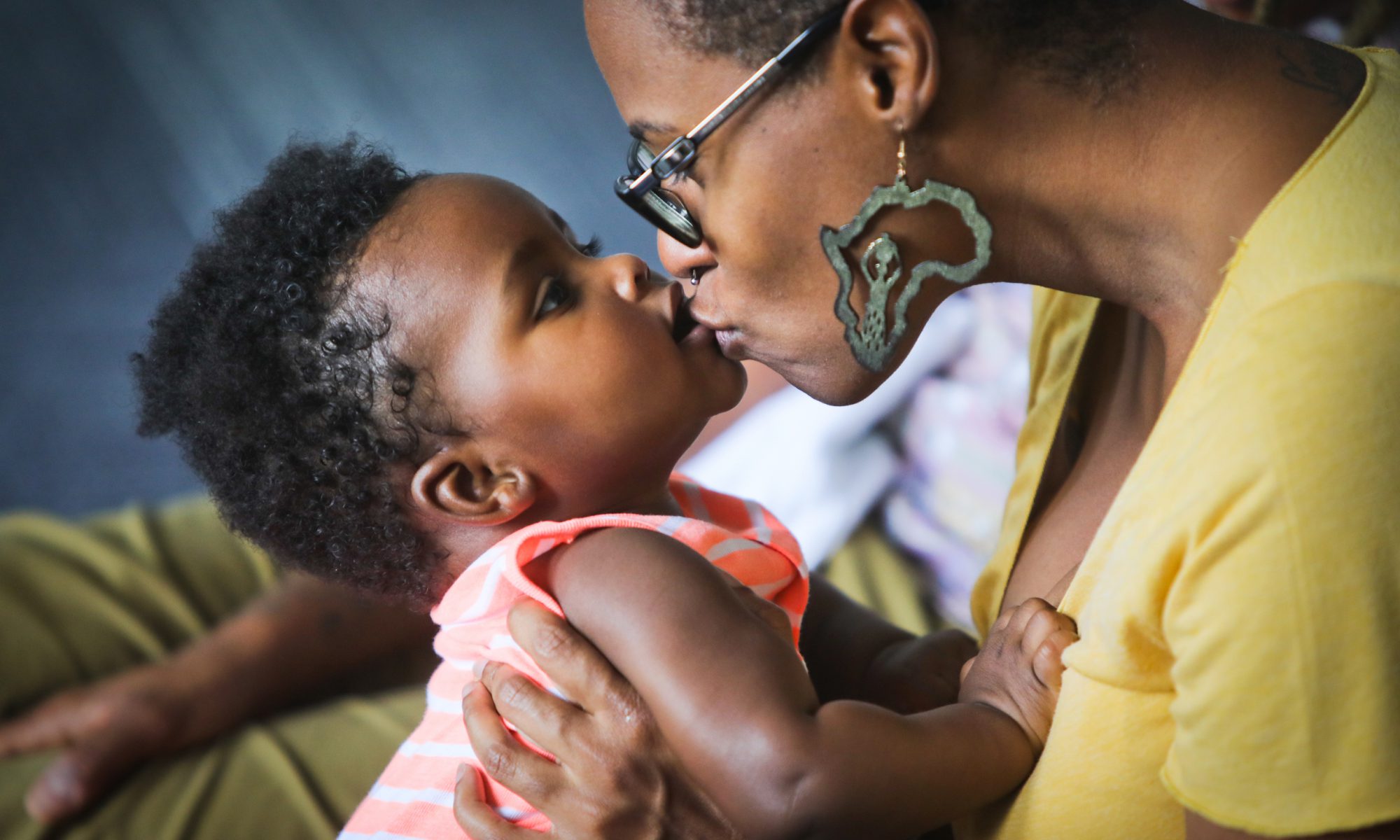
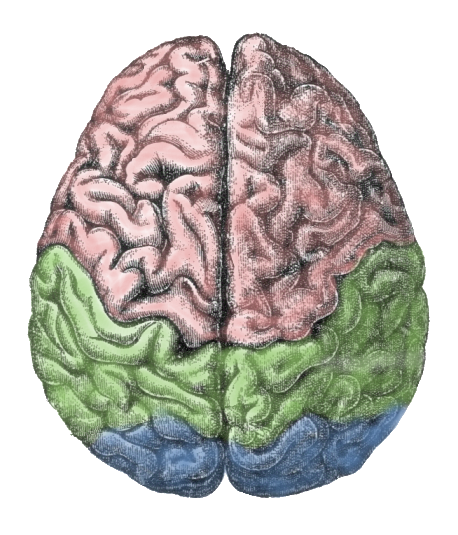

 [/vc_column_text][/vc_column][/vc_row][vc_row][vc_column][vc_column_text]
[/vc_column_text][/vc_column][/vc_row][vc_row][vc_column][vc_column_text]